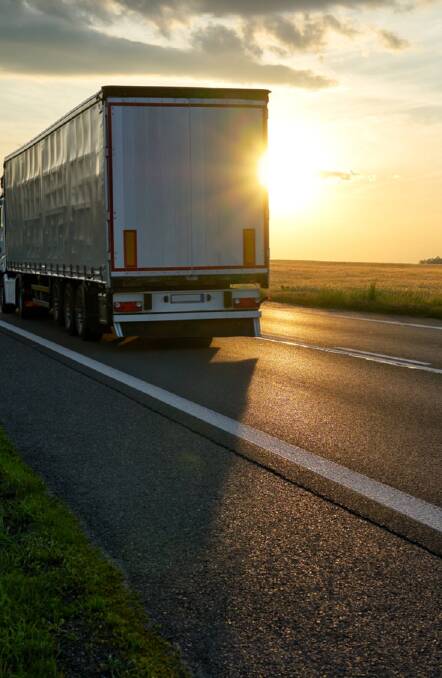
Without trucks, Australia stops. It's a slogan that you can't argue with, and one that should actually be a frightening prospect.
Subscribe now for unlimited access.
$0/
(min cost $0)
or signup to continue reading
The way infrastructure has been planned, we're utterly reliant on them whether you live in a remote locality or one of the largest cities. We also have major centres which aren't really served by rail freight at all. The ACT for instance, with a population of over 430,000 (and the region gets closer to 500,000 if you include the NSW towns pressed right up against it), is served almost entirely by road.
Meanwhile, there's a lot of talk about labour shortages, and to some degree it's true. In Western countries, including Australia, the Boomer generation (born 1946-64) is retiring faster than the rate that Zoomers (gen Z, born 1996-2012) can enter the workforce.
It can be argued for some industries though, that it's less a shortage and more an issue of retention. With more or better options elsewhere, people with in-demand skills should be demanding more pay, and it appears that they are. They are also voting with their feet and leaving jobs that don't offer conditions to their liking if they can find an alternative that does, whether that's in the same field or a whole new field to them.
To deal with the actual shortages where they exist, several solutions have been put forward including delayed retirement (which some people are OK with, and some are not).
Other ideas have endorsed more immigration (it's certainly Canada's long-term strategy, with the Century Initiative's stated goal of increasing its 2022 population of 39 million to 100 million by 2100), and less barriers for immigrant workers, both skilled (like drivers of seasonal farm machinery) and not-so-skilled (like seasonal pickers).
Another solution, which Boomers were not so impressed with when they were all working age, is increased mechanisation and automation. Whether it's bigger machines on a farm, or more robots and other simpler machines on a factory production line, this has already taken place and it could be argued that any more which does come in was always going to happen anyway.
Another idea, one that relates to our topic of motoring, is increased efficiencies in transport and logistics.
Supermarket chains have already trialled (with government permission) adding a third trailer to B-doubles that move goods between their distribution hubs to make them B-triples, reducing the number of long-haul drivers needed for that task.
This was on the table before the pandemic though, because road freight has been experiencing a shortage of active drivers for years; increased consumer demand related to the pandemic just made it worse.
I specified active drivers for a reason though, because there's plenty of people qualified to drive heavy vehicles. Part of the industry's problem has been staff retention. Operators are put under pressure by competition to reduce costs, but at the same time the competition (or another field of work) might offer better pay and conditions.
Another idea, one from the tech sector, is autonomous vehicles. But if professional drivers are worried about these taking over any time soon, don't be. Whether it's a taxi, a shuttle service or a freighter, self-driven vehicles are still a long way off being able to share public roads with human drivers, wildlife and other surprises without a qualified human continuing to oversee proceedings.
In the world of freight, they also need someone at either end to load and unload them, and for many goods that is still the driver, whether that's products to sell in-store, or livestock where the driver has to comply with regulations that make them legally responsible for ensuring the animals they accept are in a condition fit for transportation.
So, one solution, at a state and federal government policy level, might be to find ways to reduce the need for so many drivers to move all these goods from one major centre to another. The only other option on land is rail.
Tens of billions are poured into our road systems every year, and the goals of the programs funding these projects reveal they exist to improve the safety and capacity of freight routes. But rail has advantages, both in labour and lower total emissions, that we're not sufficiently taking advantage of.

